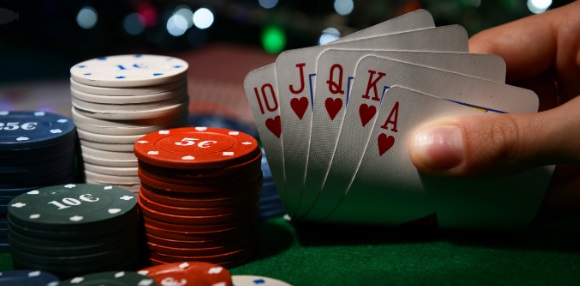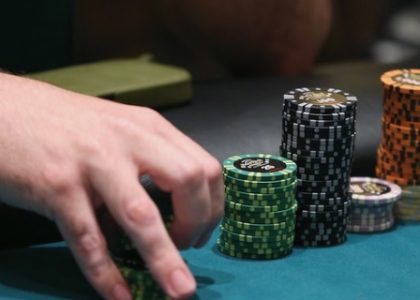Caribbean 21 is one of the long-standing variants of Realtime Gaming. The game features a change in the pay table for cards that are not commonly used in standard blackjack, as well as the added bonus of doubling or forcing any two cards to split at the beginning of the turn. This not only creates more possible winning hands, but also gives you the opportunity to fight when you encounter a bad starting hand.
How do I play Caribbean 21?
You can learn the basic rules of Caribbean 21 poker here. I tell you, it is not difficult at all.
Casino Edge
Following the basic strategy above, the house edge is 0.19%. The final average bet is 1.8 units, so the risk factor is 0.11%. The standard deviation is 1.62.
The house edge for insurance is 5.38%.
- I don’t know if this rule can be configured by RTG, but Bodog tells me they use 255 decks.
- All cards have the same value as blackjack, except for the ace which is always 1 point.
- The game starts with an initial bet by the player.
- The player will receive two face-up cards and the dealer will receive one face-up card. The dealer does not take the hole card.
- Players may hit, stand, double, split, or surrender. The hit and stand options are the same as traditional blackjack.
- Players may double with two or more cards at any time. This includes doubling and splitting after doubling.
- Any two cards can be split. aces have no special restrictions like blackjack and have the same splitting rules as other cards. After a player splits, each single card in turn shall immediately receive an extra card.
- A player may surrender at any time. If a player surrenders, he forfeits half of his total bet at that time. After the split, hand-by-hand surrender is allowed.
- An ace and two tens is called “Caribbean 21” and ranks above all other blackjack hands, including after the split.
- The dealer shall win all draws.
- The winning player’s bet shall pay double, except for Caribbean 21, which pays 3:2 on the initial hand only.
- If the dealer’s rising card is an ace, then the player may purchase insurance for the dealer’s Caribbean Blackjack. The insurance can be taken at any time for an amount not exceeding half of the total bet at the time of insurance. If the dealer gets two 10-point cards as second and third cards, the insurance premium is 9 to 1. The insurance bet shall be awarded at the end of the hand. The player may also increase the insurance bet at any time so that the total insurance bet does not exceed half of the total bet.
Conclusion
Caribbean 21 is a variation of Blackjack in which each deck has four jokers. These jokers can be used as wild cards to fill out a hand with less than 21 points, or they can be used as a progressive jackpot beat. It is well known that some Caribbean 21 progressives will pay a large progression fee.
The story began on January 12, when Hampton Casino reported that a Caribbean Stud High/Low 21 player caused a stir when he won nearly $1.3 million in prize money in less than two hours.










